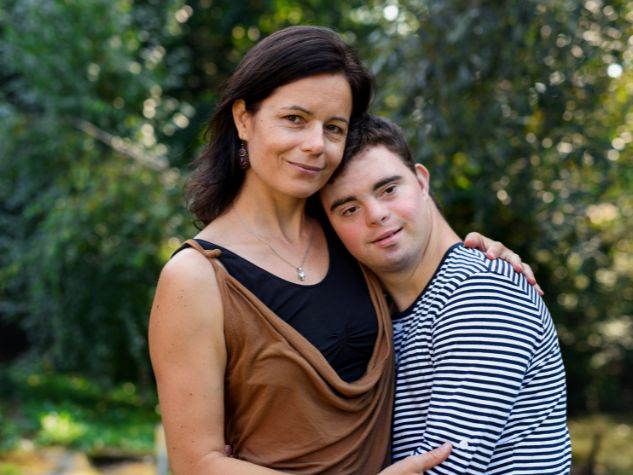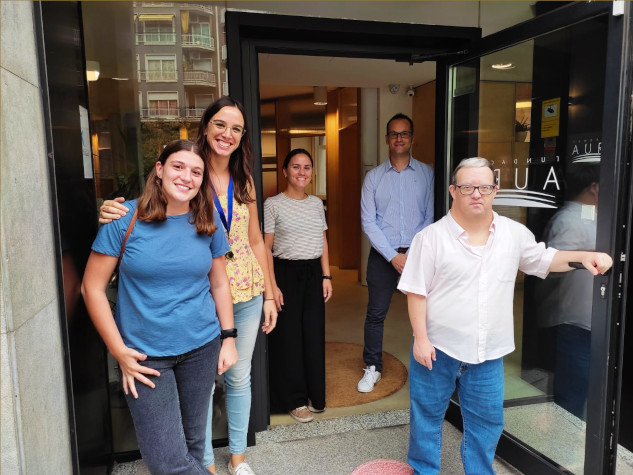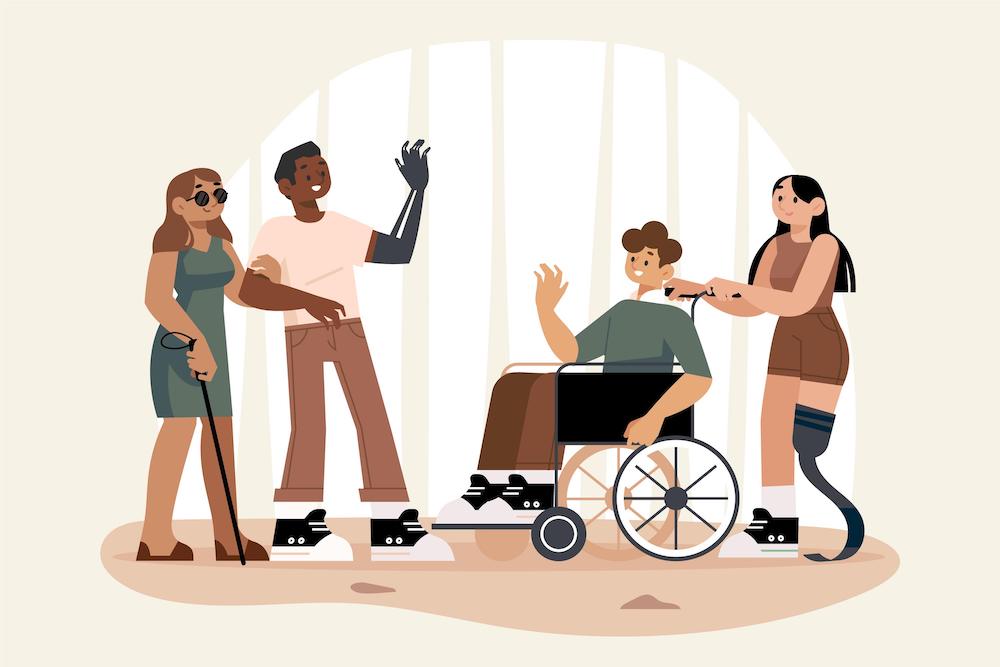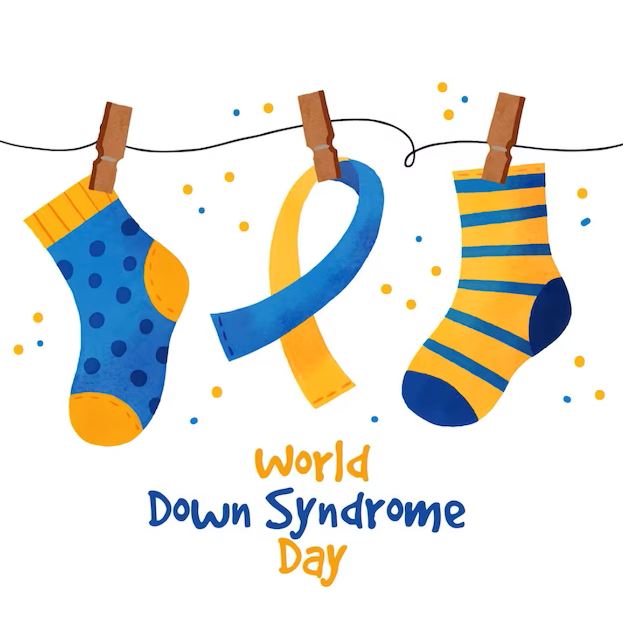People with Down syndrome between 38 and 62 years old initiate significant neuropsychological changes in the areas of language, memory and general cognitive status, as compared to younger adults with Down’s syndrome.
The term “active ageing” is intended to provide a more comprehensive definition and to recognise the factors that affect the way individuals and populations age. Indeed, in people with Down’s syndrome, the importance of lifelong learning is emphasised, as well as enjoying social aspects, involving leisure, community and fun.
Growing old is an individual process, but ageing well includes a social component, since it also involves the family with whom they live, organisations and their community to which they belong as active citizens.
People with Down’s syndrome are more likely to develop premature ageing, with a higher risk of predisposition to Alzheimer’s disease due, among other causes, to reasons of a neurobiological nature. Specifically in Down’s syndrome, cognitive and social impairment is more evident as it has been indicated that one in three people with Down’s syndrome over the age of 40 may have cognitive impairment in addition to intellectual disability.
However, it must be considered that nowadays life expectancy for people with Down’s syndrome has changed significantly. One of the reasons that has influenced this change is the general increase in the quality of care, so that nowadays 80% of these people live more than 50 years, some of them reaching 60 or even 70 .
As for the cognitive function of people with Down’s syndrome, although the profile of cognitive changes during the ageing process is markedly individual, it mainly affects memory, language, visuoconstructive skills, executive functions and praxis. Of particular note is the initial appearance of a slower response to certain stimuli, leading to learning difficulties, especially in the acquisition of new skills. There are also changes in memory, with initial forgetfulness accompanied by difficulties in attention and concentration. Sensory and perceptual functions diminish, increasing difficulties in dealing with complex tasks, with difficulties in problem-solving skills and in language and expression.
In terms of emotional and behavioural challenges, as adults with Down syndrome age, there is an increased risk of certain common mental health problems such as depression, anxiety, obsessive-compulsive disorder and behavioural disturbances, so any sudden changes in mood or behaviour should be attended to. On an emotional level, as a consequence of the decline and difficulties in performing certain activities, self-esteem is diminished. Concern about the loss of family and friends becomes more pronounced, with fear of illness and death itself also appearing. Given the difficulties in adapting to change, there is also a fear of losing one’ s job or occupational activity, which leads to a loss of self-confidence.
For all these reasons, monitoring in the ageing process is essential as it favours early detection and prevention of cognitive deterioration, thus promoting active and healthy ageing.

















